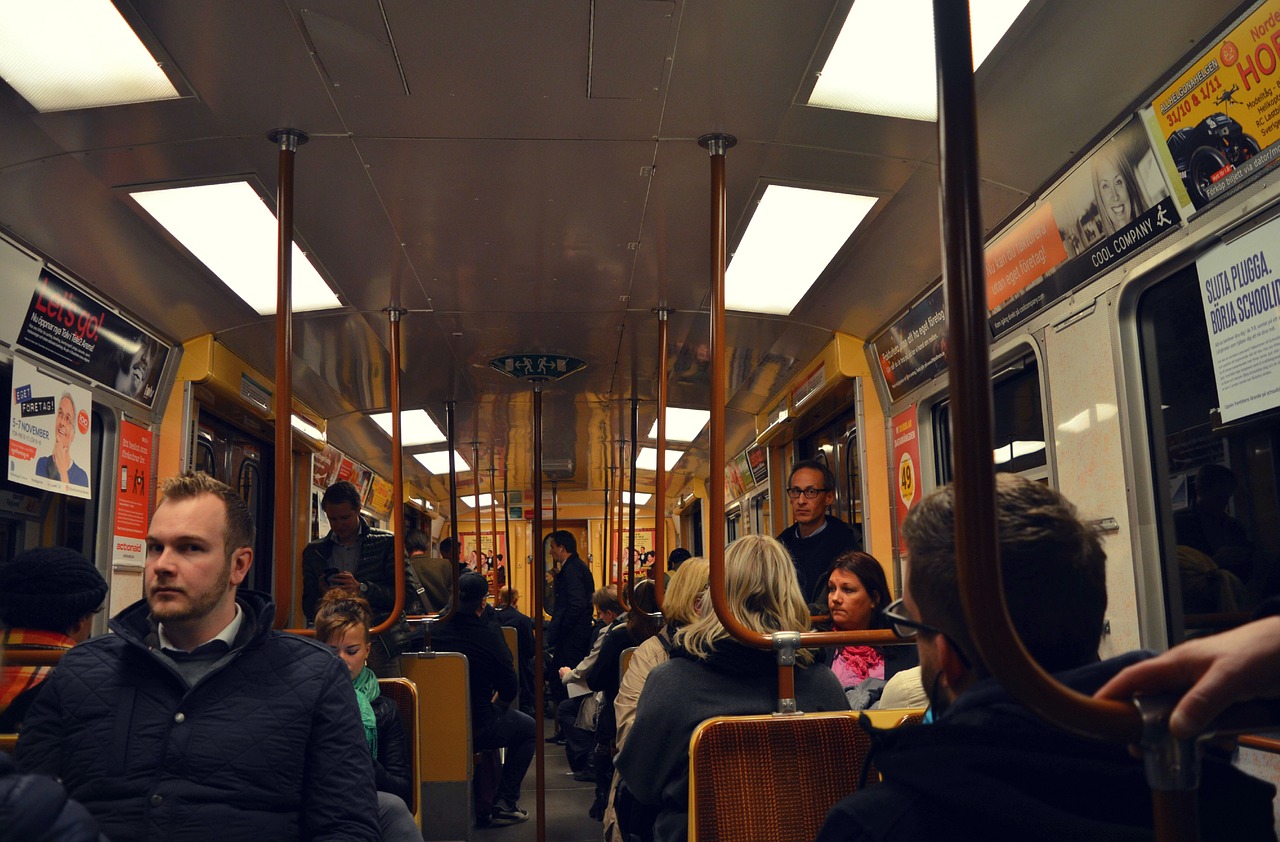
Sweden has refused to implement a lockdown amidst the coronavirus pandemic while other European countries have restricted movement.
The government of Sweden rejected the idea of a lockdown despite the spread of the coronavirus pandemic in Europe and is relying on voluntary action to prevent the spread of Covid-19.
In the country, restaurants and bars continue to operate, while playgrounds and schools remain open too. This approach caught the attention of US President Donald Trump and said: "Sweden did that, the herd, they call it the herd. Sweden's suffering very, very badly."
However, the Swedish government remains confident with its policy and according to Foreign Minister Ann Linde, Trump was "factually wrong" to suggest that Sweden was following the "herd immunity" theory.
The herd theory refers to allowing enough people catch the virus while protecting the vulnerable, which means that a country's population could builds up its immunity against the virus.
Linde said: "No lockdown and we rely very much on people taking responsibility themselves."
Sweden's state epidemiologist Anders Tegnell also denied Trump's claim that the country was doing badly. Tegnell claimed: "I think Sweden is doing okay. It's producing quality results the same way it's always done. So far Swedish health care is handling this pandemic in a fantastic way."
According to Johns Hopkins University data, Sweden has 9,141 cases of the virus and 793 deaths as of April 9.
Restaurants and schools remain open
The government's approach is focused more on encouragement and recommendation rather than compulsion. Following Spain's imposition of a nationwide lockdown on March 14, Sweden only encouraged people to wash hands and stay at home if they are sick.
On March 24, the government introduced new rules to avoid crowding at restaurants but allowed these establishments to stay open. Primary and secondary schools also remained operational, with gatherings of up to 50 people still permitted.
Regarding the decision to keep schools open, Tegnell argued: "We know that closing down schools has a lot of effects on health care because a lot of people can't go to their work anymore. A lot of children are suffering when they can't go to school."
Stockholm journalist Elisabeth Liden pointed out that the city was now less crowded and said: "The subway went from being completely packed to having only a few passengers per car. I get the sense that a vast majority are taking the recommendations of social distancing seriously."
However, she also mentioned that while "some Swedes won´t even kiss their spouse, others are throwing Easter parties."
WHO disagrees
The World Health Organization (WHO) has expressed skepticism toward Sweden's approach, emphasizing on a fresh surge in infection cases.
The WHO recommends that Sweden "increase measures to control spread of the virus, prepare and increase capacity of the health system to cope, ensure physical distancing and communicate the why and how of all measures to the population."
A WHO Europe spokesperson said: "Only an 'all of society' approach will work to prevent escalation and turn this situation around."
Cecilia Söderberg-Nauclér, a virus immunology researcher at Sweden's Karolinska Institute, said: "We are not winning this battle. It is horrifying. Where I live people are working from home, but they go to local restaurants, local cafes and they mix up old people and young people from schools and universities. That is not social distancing."






